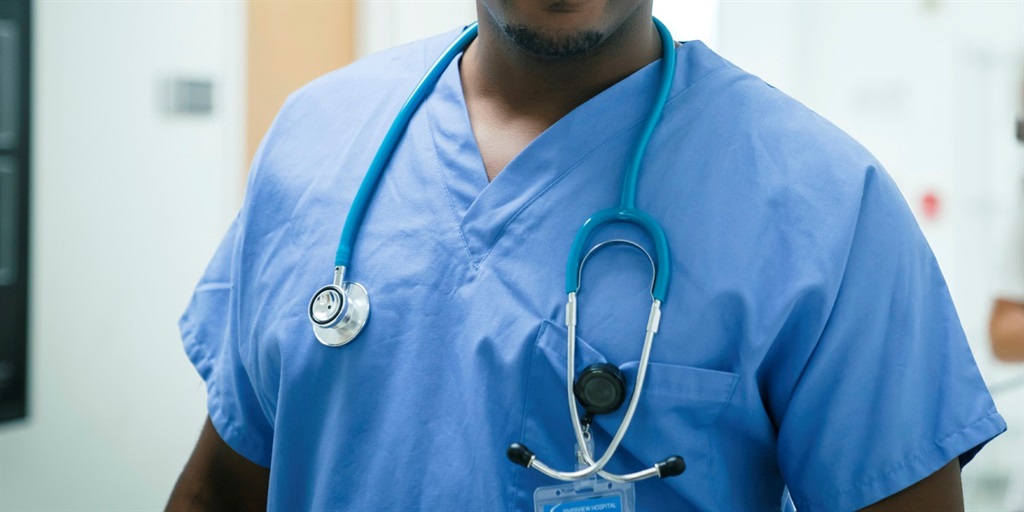

- WHO‘s Africa director says there are signs the continent is being marginalised in the fight against monkeypox.
- New cases have been confirmed in non-endemic countries, namely South Africa, Morocco and Ghana.
- The WHO says the DRC and Nigeria combined account for 92% of all suspected cases in Africa.
History could repeat itself with African countries left behind in the fight against monkeypox just like at the onset of the Covid-19 vaccine rollout.
The World Health Organisation’s (WHO) regional director for Africa, Dr Matshidiso Moeti, has pleaded for this trend to be stopped.
“What happened in the early days of the Covid-19 vaccine rollout when Africa watched on the side-lines as other countries snapped up limited supplies must not be allowed to recur. There are some signs that this is already happening,” said Moeti.
So far, second and third-generation smallpox vaccines are used to treat monkeypox. A vaccine consisting of modified vaccinia Ankara-Bavarian Nordic was approved for the prevention of monkeypox but it is in short supply globally.
READ | Monkeypox: ‘Too early to call it a pandemic’
For a rollout in Africa, member states should agree on a universal framework.
“WHO is working closely with the member states and partners to define what type of coordination mechanism could be put in place to ensure fair access to vaccines. There are many regulatory, legal, operational, technical, and other issues to clarify before an allocation mechanism is fully operational,” said Moeti.
Monkeypox has not been declared a global pandemic by the WHO. However, dealing with the disease at this stage is a top priority hence the global body is urging targeted vaccination for people who have been exposed or are at high risk, including health workers, laboratory personnel, and outbreak team responders instead of mass vaccination.
“With new cases confirmed in non-endemic countries, namely South Africa, Morocco, and Ghana, it is more important than ever to eradicate the disease in Africa.
“The current global spotlight on monkeypox should be a catalyst to beat this disease once and for all in Africa. For this, we know vaccines are a critical tool,” she added.
Lessons from Covid-19
Surveillance and laboratory diagnosis capacity built by African countries during the Covid-19 pandemic are forming the backbone of the fight against monkeypox as the disease has now detected in countries that do not have a history of it.
However, the training of medical staff and chemicals required in testing are lacking in most African countries.
“While all African countries have the polymerase chain reaction machines needed to test for monkeypox thanks to reinforced laboratory capacity in the wake of Covid-19, many lack reagents and in some cases training in specimen collection, handling, and testing,” said Moeti.
The WHO Africa division is in the process of securing test kits for the detection of the disease.
“WHO is working to secure 60 000 tests for Africa, with around 2 000 tests and reagents to be shipped to high-risk countries and 1 000 to those facing lower risk,” she added.
DRC and Nigeria as hot spots
By 28 June, the WHO said there were 1 821 cases in 13 countries of which 109 are laboratory-confirmed in nine countries. Although the 109 confirmed cases make up 2% of more than 4 500 confirmed cases globally, the largest number of cases from Africa is in the Democratic Republic of Congo (DRC) followed by Nigeria.
“The biggest burden is in DRC and Nigeria which together account for 92% of all suspected cases. The case of the DRC illustrates the complexity of the statistical challenge and that country has recorded almost 90% of deaths [65 in total] but with only 10 laboratory-confirmed cases of monkeypox,” Moeti said.
The News24 Africa Desk is supported by the Hanns Seidel Foundation. The stories produced through the Africa Desk and the opinions and statements that may be contained herein do not reflect those of the Hanns Seidel Foundation.
